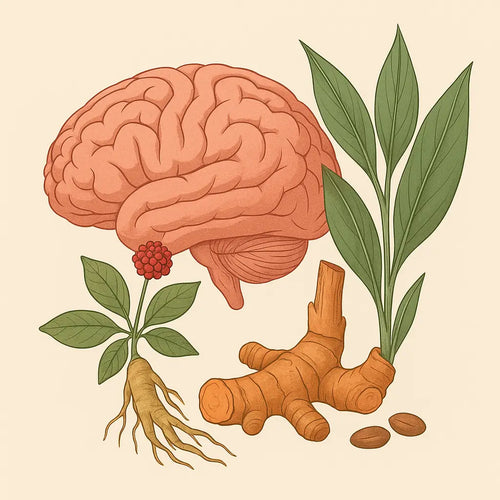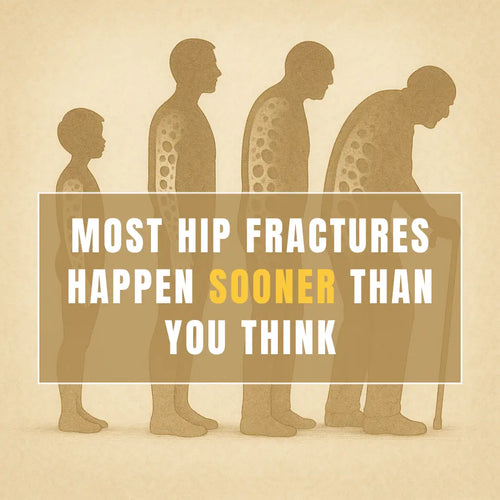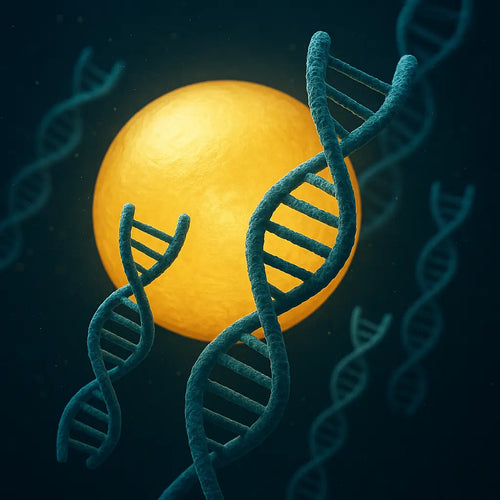You would most likely prefer to feel happy and excited about life and ready to get going to accomplish your goals when you wake up.
Do you think almost everybody feels that way? No, that is not the case, because depression is the second leading cause of disability, and it is increasing.
There can be many reasons for depression, and if you know why your mood is not good, you should of cause take action to correct the reason if possible. It is however not always easy to pinpoint the exact reason, and it may also be several
things contributing
. 
When depressed adults were given either a vitamin B complex or a placebo and were accessed at the beginning and at 30 and 60 days from when they started, the treatment group showed significant and more continuous improvements in depressive and anxiety symptoms, compared to the placebo group (Lewis JE, et.al., 2013). If you, however, have a genetic polymorphism (genetic variation) making it more difficult to metabolize folic acid, you can experience even better results if you take a metabolite of folic acid. There are several genetic variations that can make it difficult for the body to utilize folic acid, and this is not that uncommon. After 8 weeks of taking metabolites of B vitamins and micronutrients, these patients showed a 12-point improvement on a depression scale, and 42% achieved full remission.

A good vitamin B complex formula which includes metabolites is easy to take. This can for some people make a big difference.
References
Lewis JE, Tiozzo E, Melillo AB, Leonard S, Chen L, Mendez A, Woolger JM, Konefal J. The effect of methylated vitamin B complex on depressive and anxiety symptoms and quality of life in adults with depression. ISRN Psychiatry. 2013 Jan 21;2013:621453
Mech AW, Farah A. Correlation of clinical response with homocysteine reduction during therapy with reduced B vitamins in patients with MDD who are positive for MTHFR C677T or A1298C polymorphism: a randomized, double blind, placebo-controlled study. J Clin Psychiatry. 2016 May;77(5):668-71.










